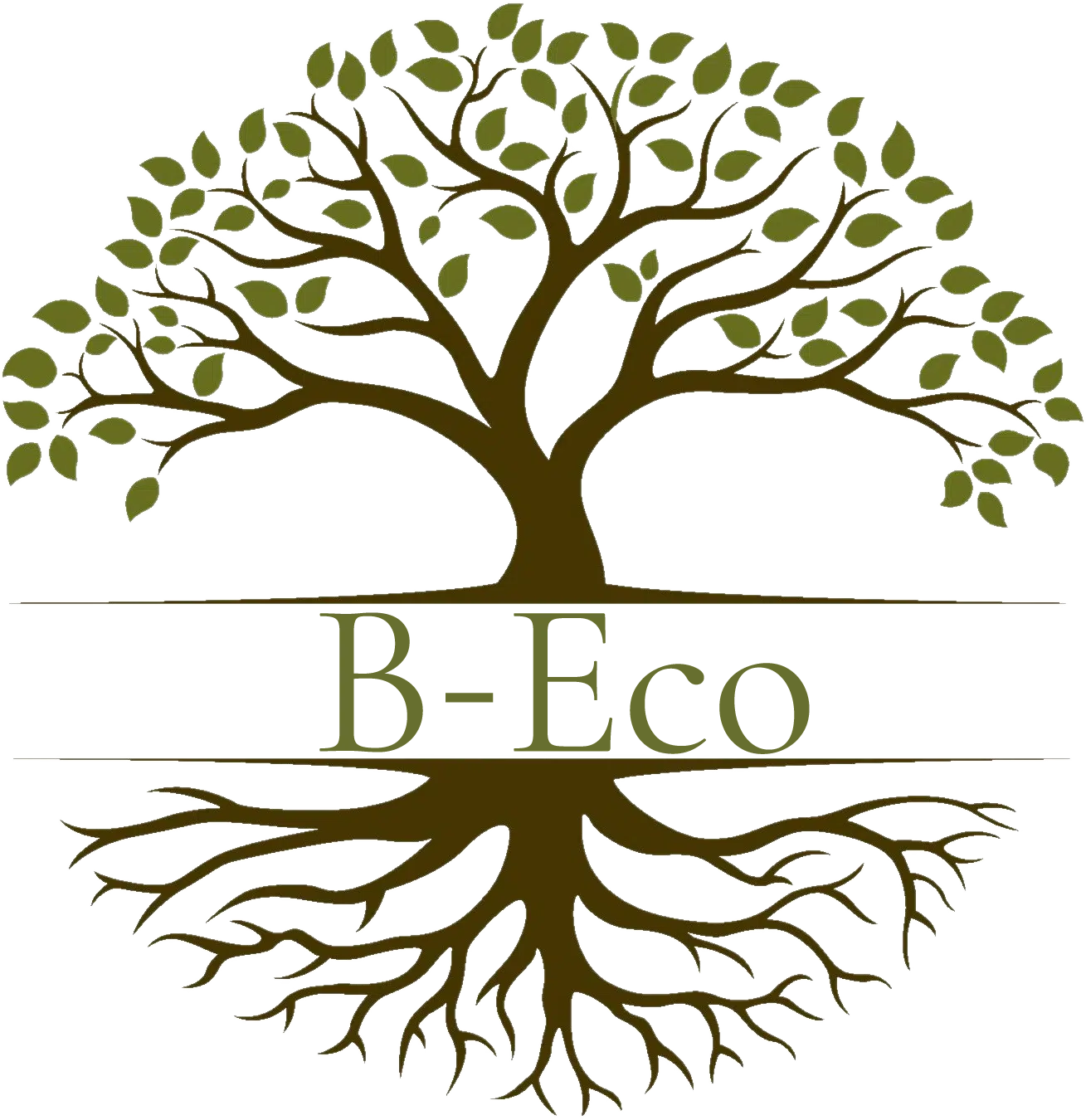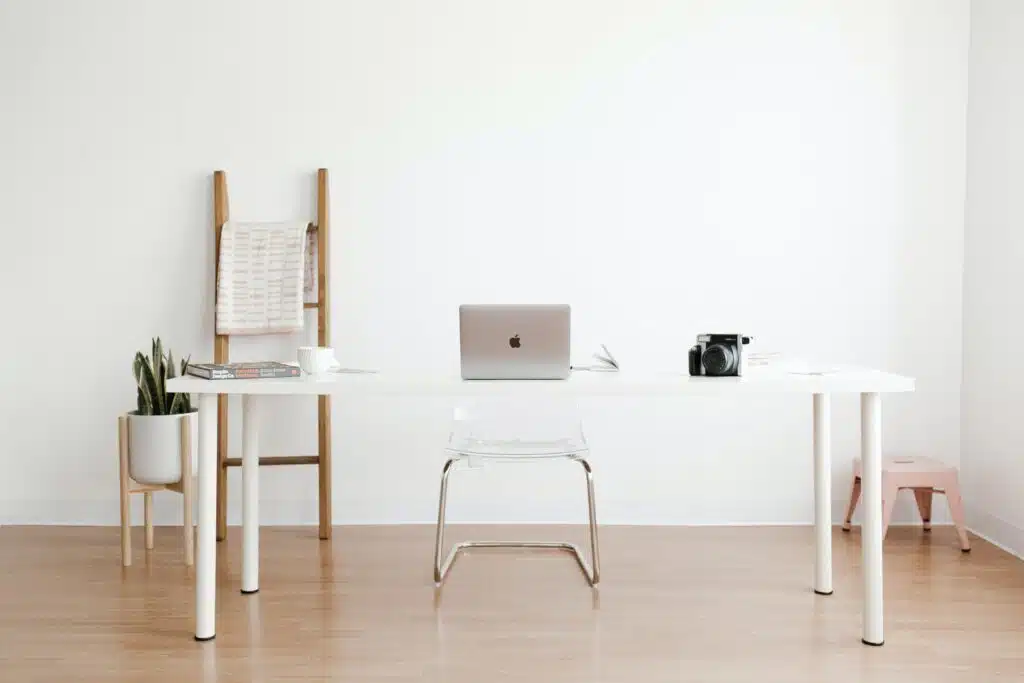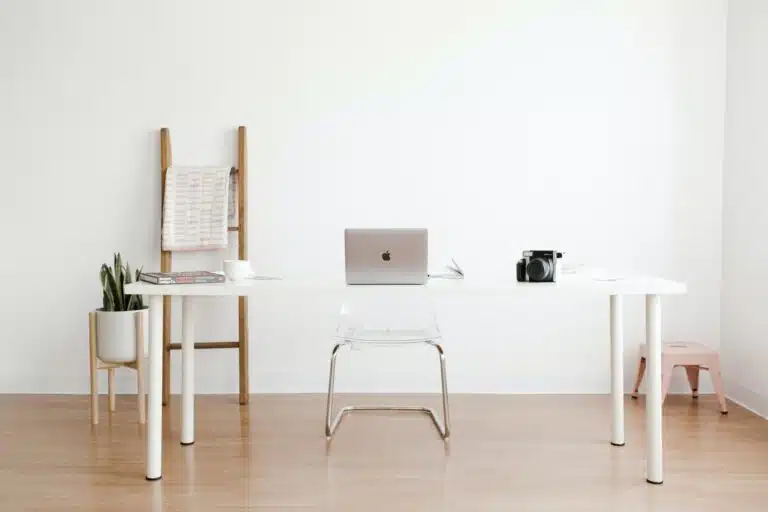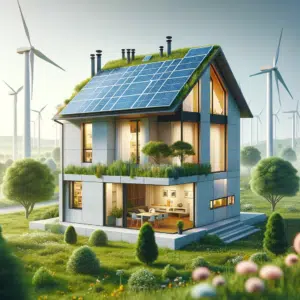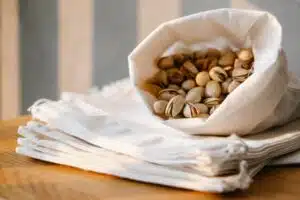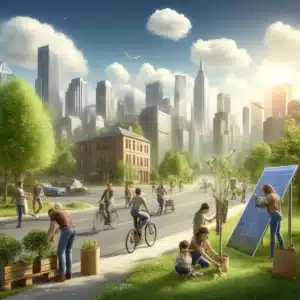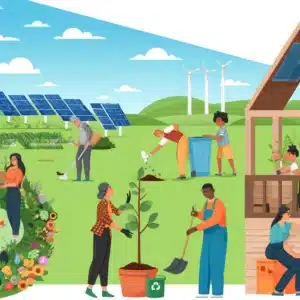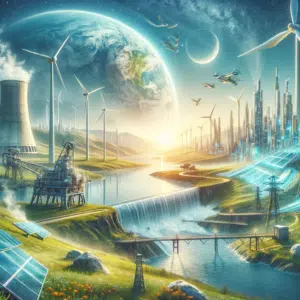Minimalism is the way for true fulfillment…

So, What Is Minimalism?
Minimalism Definition
Minimalism is a lifestyle or design approach that focuses on living with less physical possessions, in order to reduce clutter, simplify daily routines, and create more space for the things that truly matter. It emphasizes the idea that having fewer material possessions can lead to a greater sense of freedom, clarity, and contentment.
If you are not a big fan of watching TV you can definitely check this books out:
Minimalism Book Recommendations
Goodbye Things, Hello Minimalism!
What Are The Benefits Of Being a Minimalist?
- It helps us to focus on things that really make us happy and give us the value for our lives
- Disconnect from all the distractions
- Having a peaceful life as you are the controller of your actions and not being controlled by the media.
- Spending less money-only buying what you really need
- Learning how to prioritize and focus your energy and resources on these things
When we look into the benefits we see that there is a direct connection between shopping and our Dopamine levels. Dopamine is a neurotransmitter in our brain that makes us feel good. Having the right amount of dopamine is important both for your body and your brain. Lack of Dopamine can lead to Parkinson’s disease and extra Dopamine creates addictions. Dopamine is responsible for allowing you to feel pleasure, satisfaction and motivation.
When our dopamine levels are balanced, we can fully appreciate life’s simple pleasures. Like completing a puzzle, basking in sunlight or listening to music, without the need for distractions or external stimuli.
“Dopamine is most notably involved in helping us feel pleasure as part of the brain’s reward system. Sex, shopping, smelling cookies baking in the oven — all these things can trigger dopamine release, or a “dopamine rush.” Stephanie Watson, Harvard Women’s Health Watch
What Are The Ecological Effects Happened By Changing Our Lifestyle?
- Buying less stuff so there is less need for new items to be created. 80% of the items people keep are never used according to ‘NAPO’.
- Developing awareness and a sense of intention with what you really use in your life.
- Buying less items helps us save money and invent it on a better quality items so it lasts longer and by doing that you are not supporting modern slavery.
- By having less items we train our mind to be free from the craving for more as in the past we trained our brain that consuming equal happiness.

After all, in order to change a problem you need to find the source from its roots. That tool can help you understand how little you need to be able to be happy. The never ending race after consuming more and more product and upgrading as it will really improve our lives, ask yourself, Is it really improving your life? is it really necessary?
Just to be clear-being a minimalist does not mean you can’t buy anymore. This method is just helping you to understand what is really necessary for you and helps you avoiding impulsive consuming due to our emotional state or raising up our egos.
Am I worthy even if I wont have this phone/car/top/shoes?
It helps being a mindful consumer who is able to define what is really needed. Having awareness, clarity, and focus helps you uncover what’s most important to you. Therfore subsequently, simplify decision-making in most areas of life.
Here is a nice video I got to see from NAS DAILY which explains in a very simple and nice way the idea of being minimalist- Watch here
How To Start Being a Minimalist
- Have a look in your room/house and then try to ‘dig out’ only what is really important to you and it is made just to adapt the basic understanding on your personal life.
- Make a list and try to prioritize the essentials. Try to add this in your priority list – people, activities, hobbies and things in life that you care the most about.
- Reducing. This includes your belongings, activities, relationships and your digital life. The idea is to be more focused on the important stuff and not to spread your energy on too many things.
- That is the hardest part I believe but it is very important, try to check out your closet and ‘dig out’ from there – Don’t be so hard on yourself if you find it harder to get rid of your cloths- I struggled myself but after one time I tried it I become aware what are my loved and needed clothes and what’s not. Because of that I realized that I don’t really need as many clothes and since then the process is no longer bothering me. It helps you develop this awareness of what you really love to use and what is just sitting in your closet.
- Gather all the less needed items together and either sell it or donate it to others.
- Write down what it made you feel -seeing others taking and using you items and your emotions of letting go as well as the lack of heaviness from attachments.
- When you get to go to the shop ask yourself -Is it really improving my life? Is it really necessary? Do I really need it? Is it just because everyone else have this item and I want to be a ‘part of’?
It Is In Your Hands!
Give yourself the time to earn this new skill and remember that if you really want to adopt this lifestyle into your daily life you have to keep trying.
Thank you for reading. Hope now you can understand what Minimalism means and remember- sharing and talking about the topics we share here with you is very important for our planet- it is in our hands!
The first time I got to hear the word minimalist was by watching the documentary movie of the Minimalists. (Minimalism: A Documentary About the Important Things and The Minimalists: Less Is Now).
Want to hear some podcasts related to this topic? The Minimalists Podcast- HERE Minimal-ish: Realistic Minimalism- HERE
References: Dopamine: The pathway to pleasure
